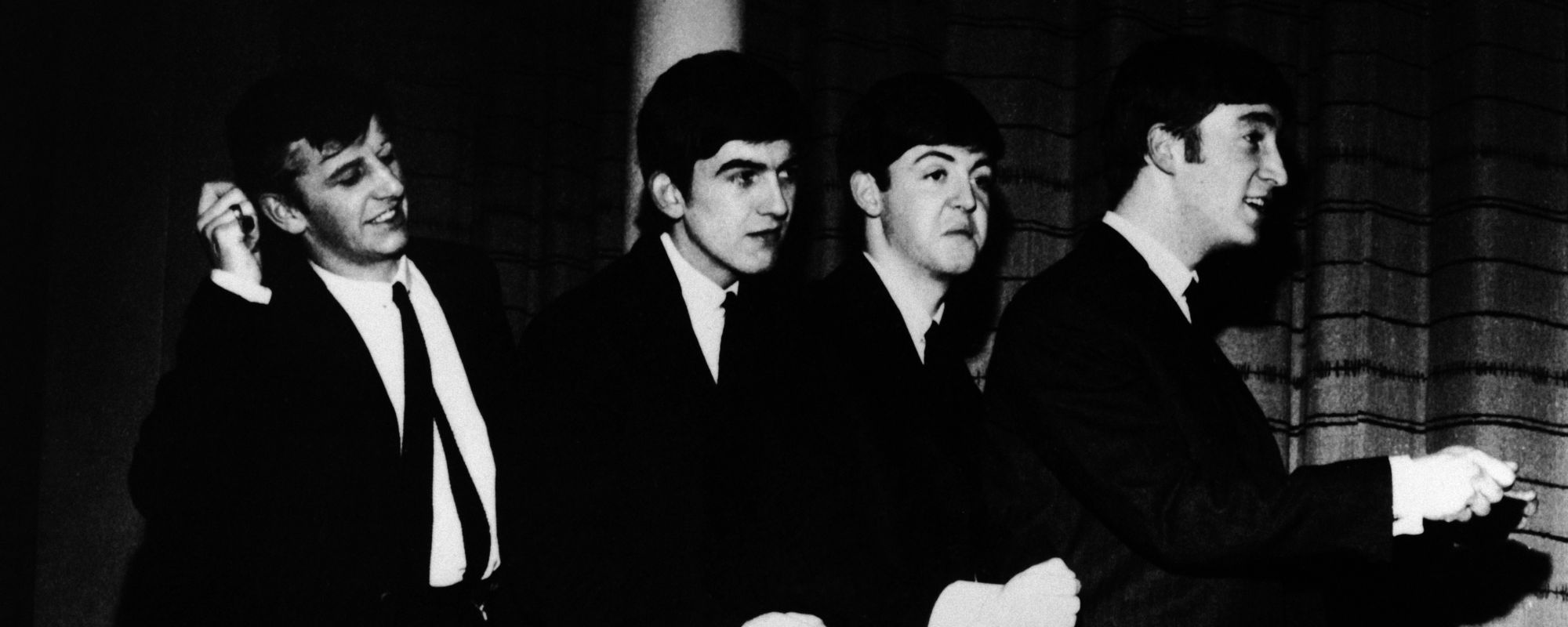A rock ‘n’ roll manager’s job is, in a way, similar to a father’s. They take care of a band’s every need so they can do the one thing they are meant to do: Play. While the pay is certainly great and the perks significant, being a rock ‘n’ roll manager is a thankless job compared to the credit their clients receive. So, their integral role in the band is often overshadowed by the pageantry that always graces the big stages and front pages.
Videos by American Songwriter
Rock ‘n’ roll managers such as Colonel Tom Parker, Brian Epstein, and Allen Klein have received a vast amount of credit and scrutiny for their work. Though, they are just three out of the many managers in rock ‘n’ roll history. That being said, we are going to shed light on some of the most overshadowed managers in rock ‘n’ roll history.
Malcolm McLaren
In addition to being a fashion designer, Malcolm McLaren managed musical acts such as New York Dolls, Adam and the Ants, Bow Wow Wow, and most notably, Sex Pistols. McLaren’s work as manager of the Sex Pistols goes beyond just turning them into an international sensation. McLaren was also a major pillar in the creation of the punk rock scene as a whole.
Reportedly, McLaren is the mastermind behind the Sex Pistols’ polarizing behavior. Particularly, McLaren allegedly crafted the public stunts the Pistols would typically perform on stage and live television.
Paul McGuinness
Paul McGuinness’ largest and most notable client was U2. While McGuinness was not the band’s first manager, he was the manager who made them a mainstream monster. If not for McGuinness, it is unclear what U2’s highly successful career would have looked like.
Upon signing the group, U2 was not an established band. Rather, they were a local band looking for super stardom. Well, when McGuinness became their manager, he helped them find just that. McGuinness managed Bono and U2 from 1978 to 2013.
Peter Grant
While Peter Grant is one of the more well-known managers in music history, his contributions to the business far exceed his role in Led Zeppelin. Grant was Zeppelin’s first and only manager; consequently, he is one of the main reasons they became one of the most popular bands of the 70s. Though, he never just advocated for Zeppelin.
Grant supported the rights of musicians in general, as he often supported improved artist pay and conditions and intellectual property belonging to artists. In essence, he was the business representative who spoke on behalf of every musician, represented by him or not. Thanks to his contributions, the Music Managers Forum named an award after Grant in his honor.
Photo by Hulton Archive/Getty Images












Leave a Reply
Only members can comment. Become a member. Already a member? Log in.